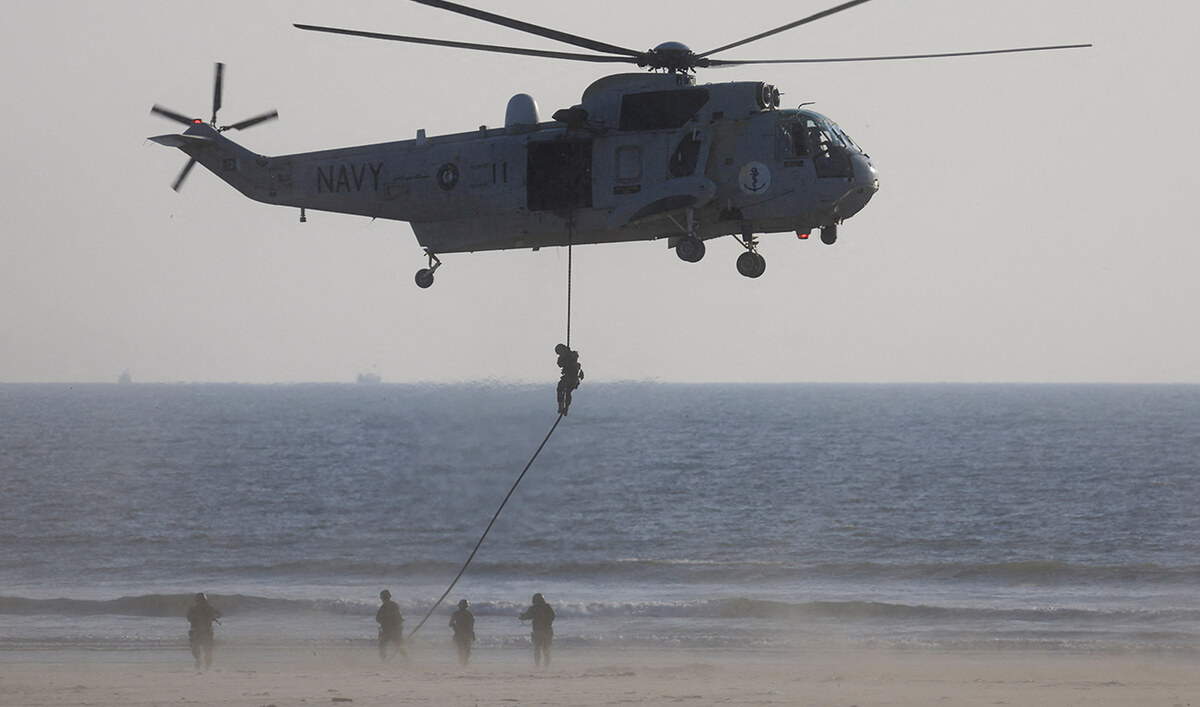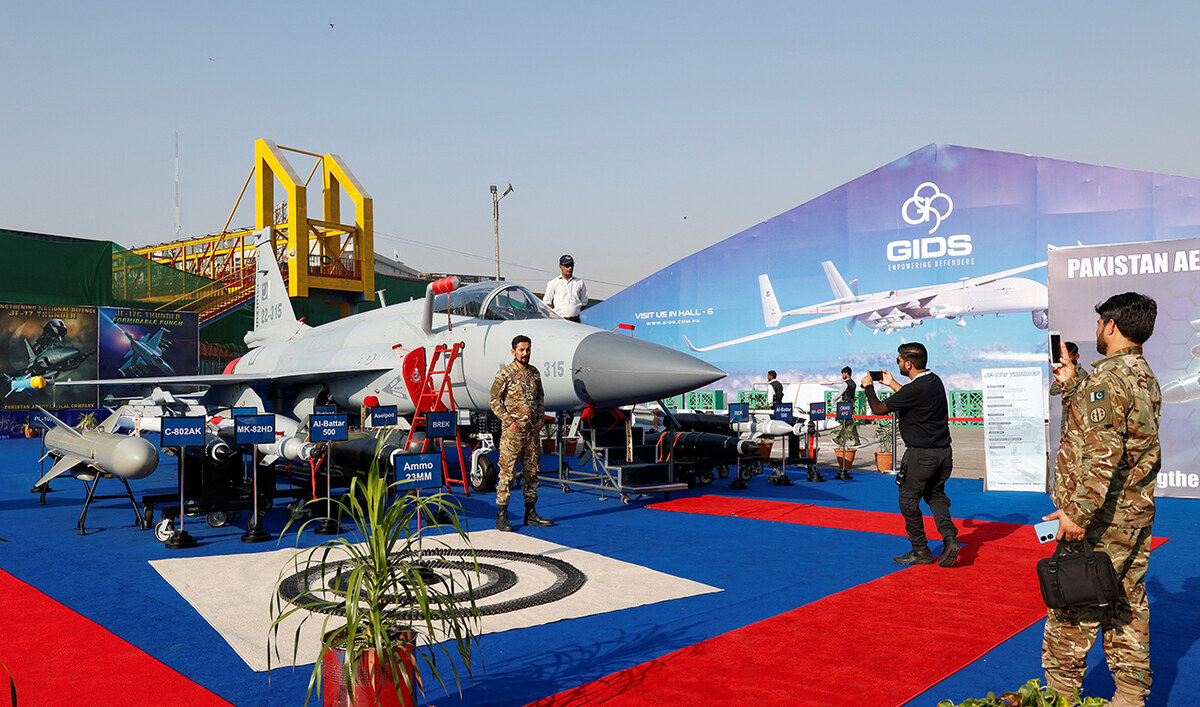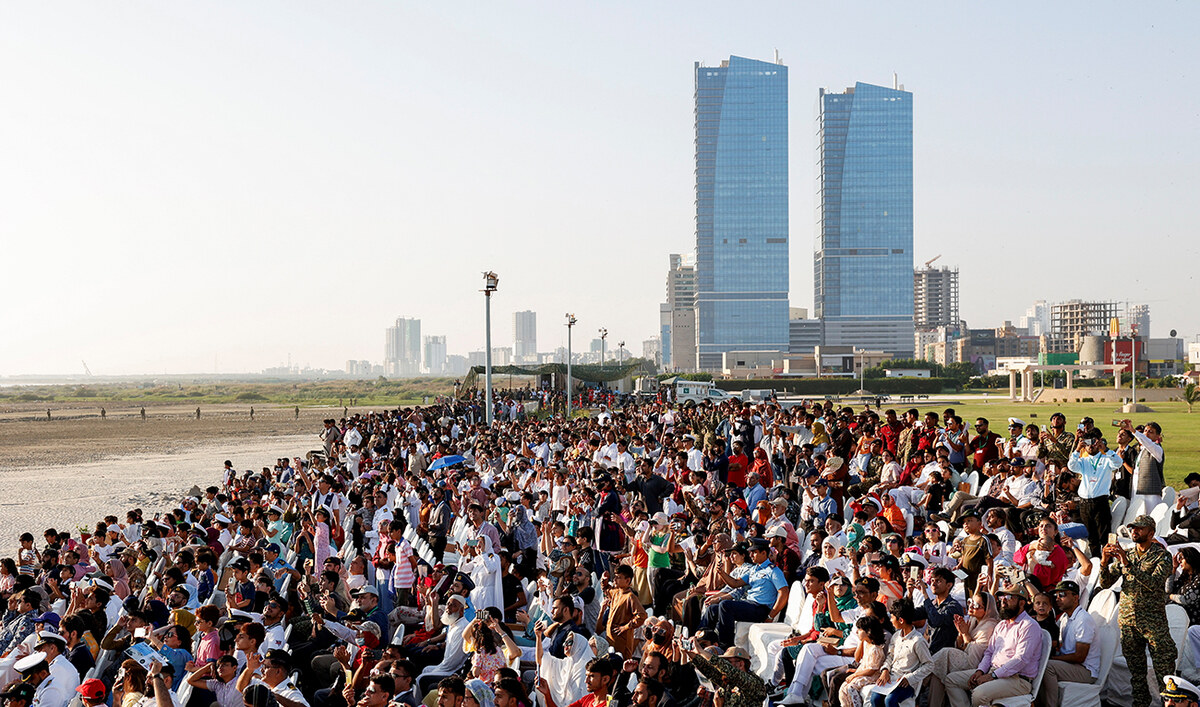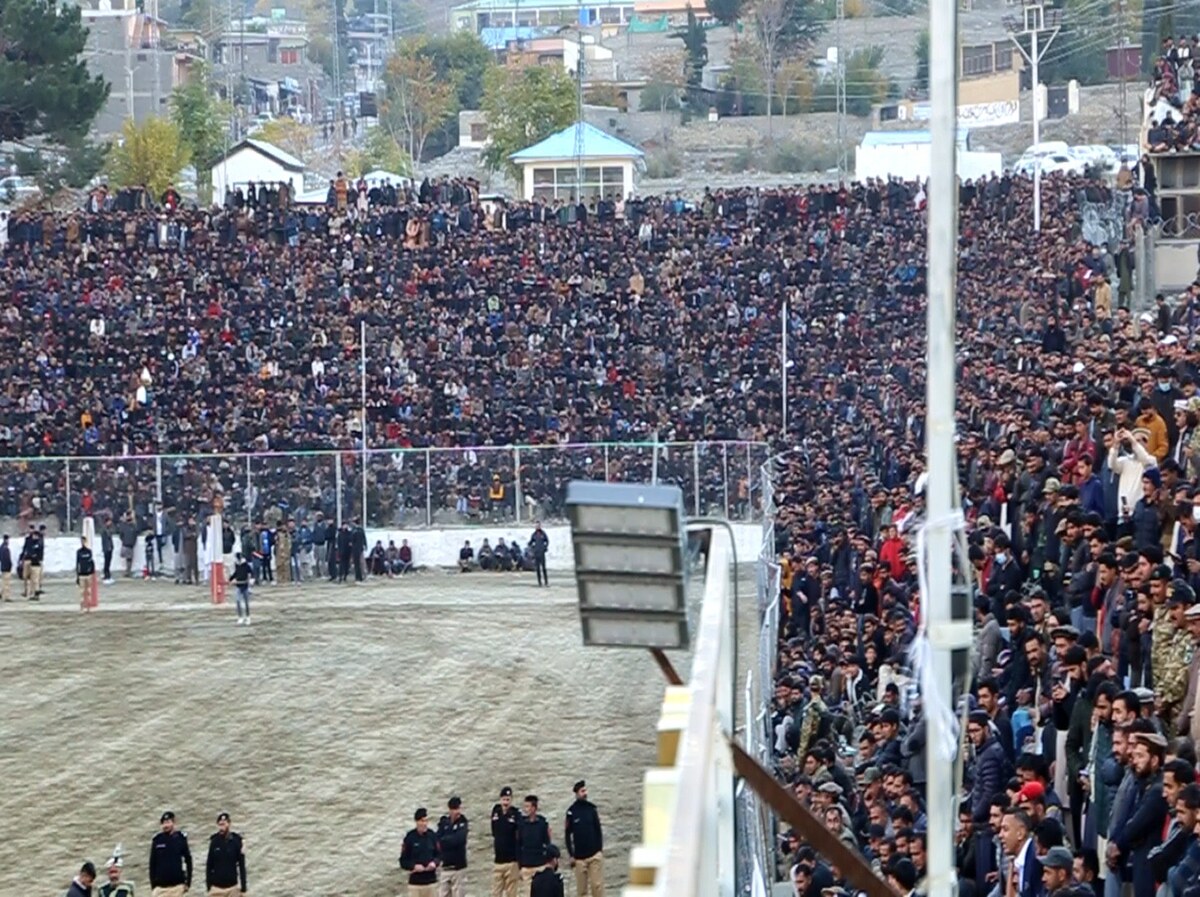ISLAMABAD: The Pakistan Stock Exchange (PSX) witnessed its highest closing in history on Thursday as the benchmark KSE-100 index closed at 67,142.12 points, with analysts linking the recent surge to market expectations of the possibility of a successful deal with the International Monetary Fund (IMF) for another bailout program.
The benchmark index settled at 67,142.12 points on Thursday at the close of trading, registering an increase of 594.34 points or 0.89 percent. This makes it the stock market’s highest closing in history, the previous highest being 66,547.78 points a day earlier.
Pakistan and the International Monetary Fund (IMF) reached a staff-level agreement last Wednesday which would pave the way for the release of $1.1 billion for the cash-strapped South Asian country. Pakistan has expressed its interest in securing a new loan under the Extended Fund Facility (EFF) program with the IMF.
Financial expert and journalist Faseeh Mangi said the Pakistan Stock Exchange is one of the best performers in the world “in a rally that started last year after Pakistan avoided a default.”
“The latest surge is on possible IMF deal, PIA sale,” Mangi wrote on X on Wednesday, referring to the government’s plans to privatize Pakistan International Airlines, its national airline.
Topline Securities’ Deputy Head of Sales Ali Najib said the index had finally breached the 66,000 barrier, saying it could be attributed to “positive vibes from the IMF, rejuvenated foreign interest at historically low valuations and progress on SOE privatization.”
Shehbaz Sharif, who was elected prime minister for a second term earlier this month, faces the daunting challenge of negotiating a long-term financial bailout program with the IMF. Pakistan’s fragile $350-billion economy is in desperate need of external financing to shore up its foreign exchange reserves and escape a looming macroeconomic crisis.
For Pakistan, committing to a new IMF program, however, will mean committing to steps needed to stay on a narrow path to recovery. This would limit policy options to provide relief to a deeply frustrated population and cater to industries that are looking for government support to spur growth.
Inflation touched a high of 38 percent with record depreciation of the rupee currency under Sharif’s last government from April 2022 to August 2023, mainly due to structural reforms necessitated by the IMF program. Pakistan continues to be enmeshed in economic crisis with inflation remaining high, hovering around 30 percent, and economic growth slowing to around 2 percent.
























